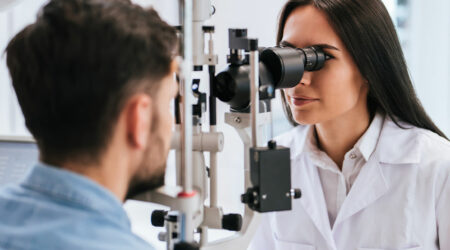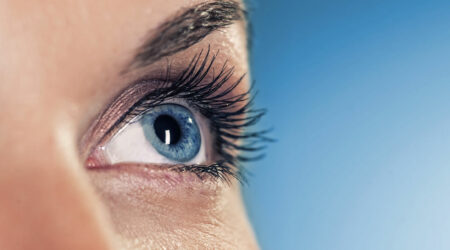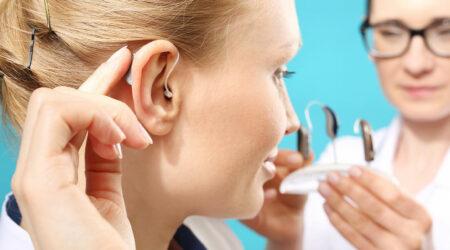
Top 20 Questions To Ask a Pulmonologist
Lungs are vital organs in the respiratory tract that support various bodily functions, including absorbing fresh oxygen from the air and expelling carbon dioxide. However, various respiratory disorders, like the common cold and flu infections to chronic obstructive diseases, can affect these functions. A pulmonologist is a healthcare professional specializing in treating and managing these lung disorders.
Read More 







